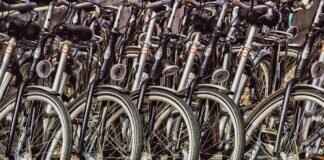Alright, so like, Immigration and Customs Enforcement went ahead and detained Denisse Parra Vargas’ three kids in Texas last week. Two of them are American citizens, and the other one was born in Mexico. And get this, because they deported their mama, they also sent the kids out of the United States. Talk about a tough situation, right?
The administration is all like, “Oh, well, the moms were in the U.S. illegally and decided to take their kids with them.” But the families and their lawyers are like, “No way, José!” They’re saying the moms didn’t have a choice in the matter. Secretary of State Marco Rubio was on “Meet the Press” saying, “Hey, if those kids are U.S. citizens, they can totally come back if someone in the U.S. wants to take care of them.” But let me tell you, it’s not as simple as it sounds.
There are all these hurdles families would need to jump over for their U.S. citizen kiddos to return. Like, Mich P. González from Sanctuary of the South, an immigration and LGBTQ civil rights group, mentioned that ICE likes to snatch up identification documents when they deport people. For example, this 2-year-old U.S. citizen girl had her passport swiped before she left with her mom. So now the family has to go through this whole process to prove she was born in the U.S. And let’s not forget, a lot of these kids don’t even have passports to begin with. So yeah, it’s a whole mess.















